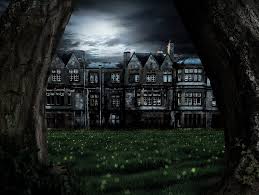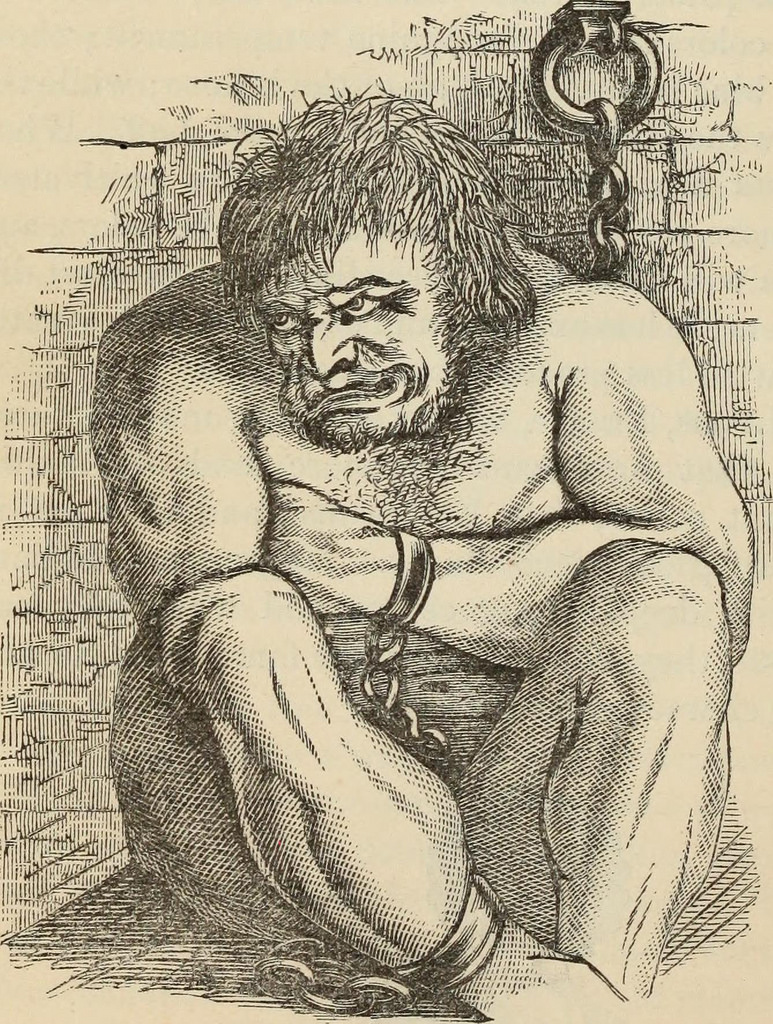Insanity. This affliction can be encountered in Dungeons and Dragons in a number of ways. An adventuring party might encounter someone who is insane. Perhaps that person is a harmless old fool. Or perhaps that old fool knows something of great value that must be drawn out of him in order to complete an important quest or objective. Or perhaps a player makes the critical mistake of wearing a Scarab of Insanity. Or is afflicted with some sort of mental illness as part of a curse or magical effect.
Insanity in 1st Edition AD&D
In 1st edition the rules for insanity are covered in the Dungeon Master’s Guide pages 83-84. There are many forms of insanity listed which include:
- Dipsomania – a compulsion to drink alcohol
- Kleptomania – a compulsion to steal
- Schizoid – loss of personality
- Pathological Liar – compulsion to lie
- Monomania – A singular obsession
- Dementia Praecox – an extreme disinterest in doing anything at all
- Melancholia – an extreme feeling of hopelessness
- Delusional Insanity – individual is convinced that they are some important persona such as a famous person or royalty
- Megalomania – person is convinced that they are the best at everything
- Schizoephrenia – split personalities
- Mania – a temporary state where the individual becomes hysterical and irrational and can become incredibly strong and sometimes violent
- Lunacy – homicidal compulsion that manifests itself on or about a full moon
- Paranioa – a person is convinced that everyone is out to get them
- Manic-Depressive – A person swings between two different forms of insanity.
- Hallucinatory Insanity – afflicted sees or hears things which do not exist
- Sado-Masochism – another form of insanity in which the individual may have swings between two different conditions. at one extreme they wish to inflict pain on others. At the other extreme they wish to suffer pain.
- Suicidal Mania – compulsion to kill one’s self
- Homocidal Mania – A compulsion to kill
- Hebephrenia – Individual withrdraws from the real world.
- Catatonia – Person completely withdraws from reality
Obviously these are not textbook definitions from a Psychology textbook. These are simplifications for use in your game. The DMG gives many specifics on how to use these forms of insanity in respect to an individual character. These conditions may be temporary or they may be permanent.
Madness in 5th Edition
In 5th Edition insanity is called “Madness.” Pages 258-260 discuss this subject. Resisting madness in 5th Edition typically requires a saving throw using wisdom or charisma. A person can be afflicted with short term madness lasting 1D10 minutes, long term madness lasting 1D10 hours or permanent madness. The DMG offers random tables for the determination of the form of madness. Fifth Edition also offers an optional campaign rule involving a sanity score that might be affected during the course of some adventure.
II also found an interesting home brewed alternative set of rules for insanity in 5th Edition. Click on the link above and it will take you to this well prepared document.
Curing Insanity
In 5th edition madness can be cured by a calm emotions spell or a long or short term madness might be cured by a lesser restoration. A greater restoration might be needed to cure a permanent form of madness.
In 1st Edition the Dungeon Masters Guide gives you plenty of types of Insanity to inflict upon your adventurers but does not really discuss the curing of it in the same section of the book. A look at certain spells also leaves you a little confused on how an adventurer is supposed to be cured once so inflicted. Now it is made clear that certain types of insanity are only temporary. But what of the permanent kind?
Some possible spells come to mind. These would include:
Wish – well I would assume that a wish could restore one’s sanity
Restoration – a look at page 53 of the PHB makes it clear that only the effects of undead level draining are cured by this spell
Cure Disease – a reading of PHB page 47 shows that nothing about insanity is mentioned in this spell. I would assume then that it will not work
Remove Curse – If the insanity is caused by a curse then I would argue that this spell should be allowed to cure it. If not….then no.
Dispel Magic – if the insanity is brought about by magic then I would argue that this would be a logical choice
Limited Wish – presumably this should work
Heal – Page 51 of the PHB says that it cures all diseases but does not specifically mention insanity. However it does say that it dispels the effects of a feeblemind spell.
Strangely enough….there was never just a plain Cure Insanity spell available in 1st Edition. Not that I ever heard of anyway. Obviously you could create such a spell for your campaigns. Perhaps drop it as a rare spell scroll that introduces a new spell to your games.
Methods for Inflicting Insanity
There are a myriad of methods for inflicting insanity in Dungeons and Dragons. This list below is, of course, not exhaustive:
- Many spells can inflict forms of insanity including: Feeblemind, scare, horror, various illusions, etc
- Psionics can cause psychic damage which may become insanity in 1e
- Magical artifacts may inflict forms of insanity on their bearer
- Magical effects from evil altars, idols and other objects that one might come into contact with
- Curses
- And presumably it might occur from natural sources such as the trauma of seeing the death of a loved one or from exposure to scenes of horror that no normal person should ever experience
- The sight of certain legendary creatures might cause temporary insanity
Insanity in Dungeons and Dragons
Insanity in game play leaves a great deal of interpretation for the Dungeon Master. Both DM Guides give rules and suggestions. But both leave a great deal that must be decided by the ultimate judge of all things during a game….The Dungeon Master. So be prepared to make some of the tough decisions without help from the core books.
But insanity can be introduced in your games in some special and creative ways. One example I used with some of my players in the past. They did something incredibly stupid and suffered a total party kill. Yes I could have let them suffer that well deserved fate. But I chose not to. Instead they woke up (without weapons or armor or magic items) in an insane asylum. They found that they only believed that they were real adventurers. They were, in fact, just delusional. And now with the help of a Mind Flayer doctor and a Beholder Head shrink they were going to be cured!



